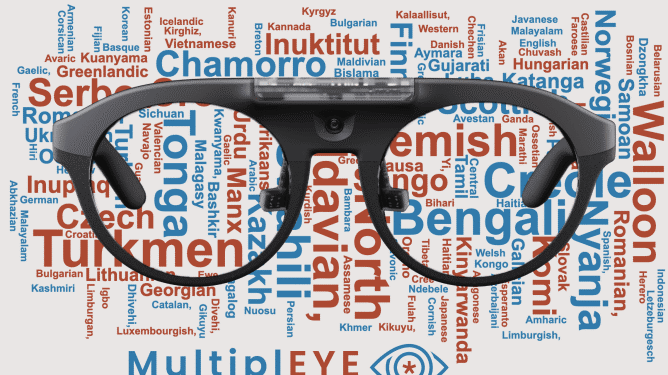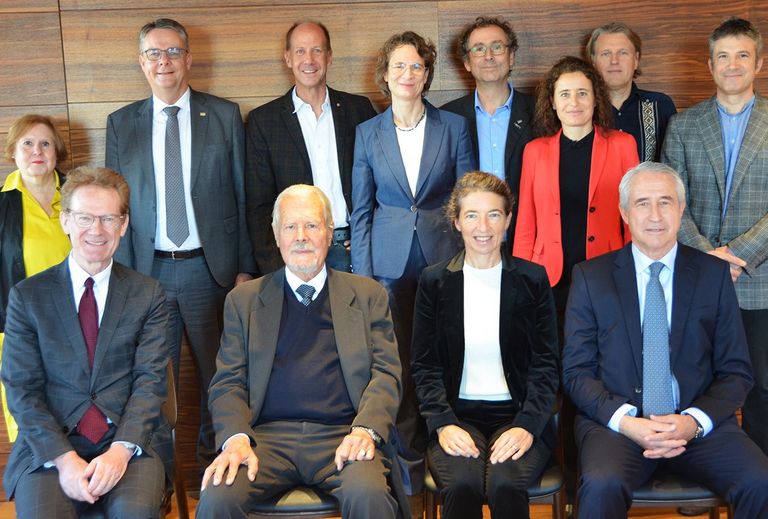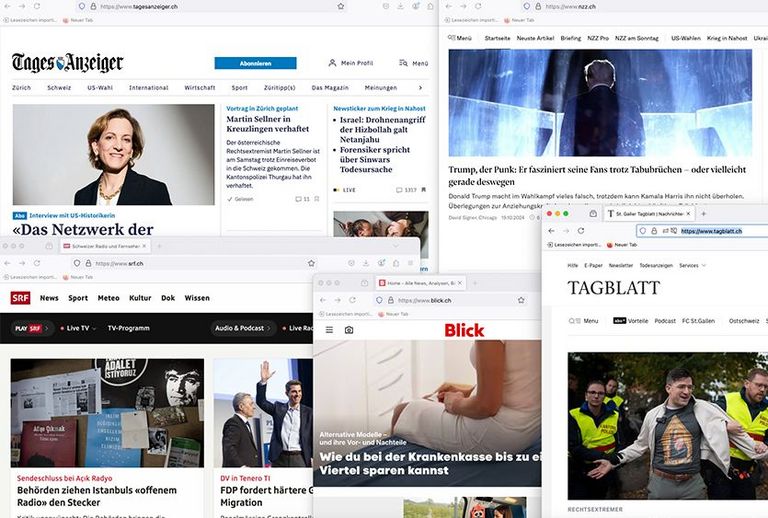UZH researchers are creating a large-scale multilingual reading corpus where eye gaze data from readers in many languages will be made available for research.
The data obtained will provide a valuable basis for research in different disciplines, including linguistics, cognitive psychology, education, and artificial intelligence. In order to enable their European partners from countries such as Latvia, Kosovo, Albania and Serbia where no eyetracking infrastructure is available and for whose languages barely any reading data is available, they are crowd sourcing a pair of eyetracking glasses to lend to their collaborators. To find out more, please visit the crowd sourcing call.
More details on the eyetracking glasses



![UZH Völkerkundemuseum Benin Ausstellung [Translate to English:] Gehört der Kopf zum Reiter? Bruchstücke des Kulturerbes des Königtums Benin liegen in über 130 Museen in der ganzen Welt verstreut. Die Ausstellung ‘Benin verpflichtet’ am Völkerkundemuseum UZH (2024/2025) beschäftigt sich mit dem Umgang von geraubtem Kulturerbe in der eigenen Sammlung. Foto: Kathrin Leuenberger, 2024](/fileadmin/_processed_/b/7/csm_UZH_Voelkerkunde-Museum_Benin_Kopfloser_Reiter_WEB_f83f480c05.jpg)